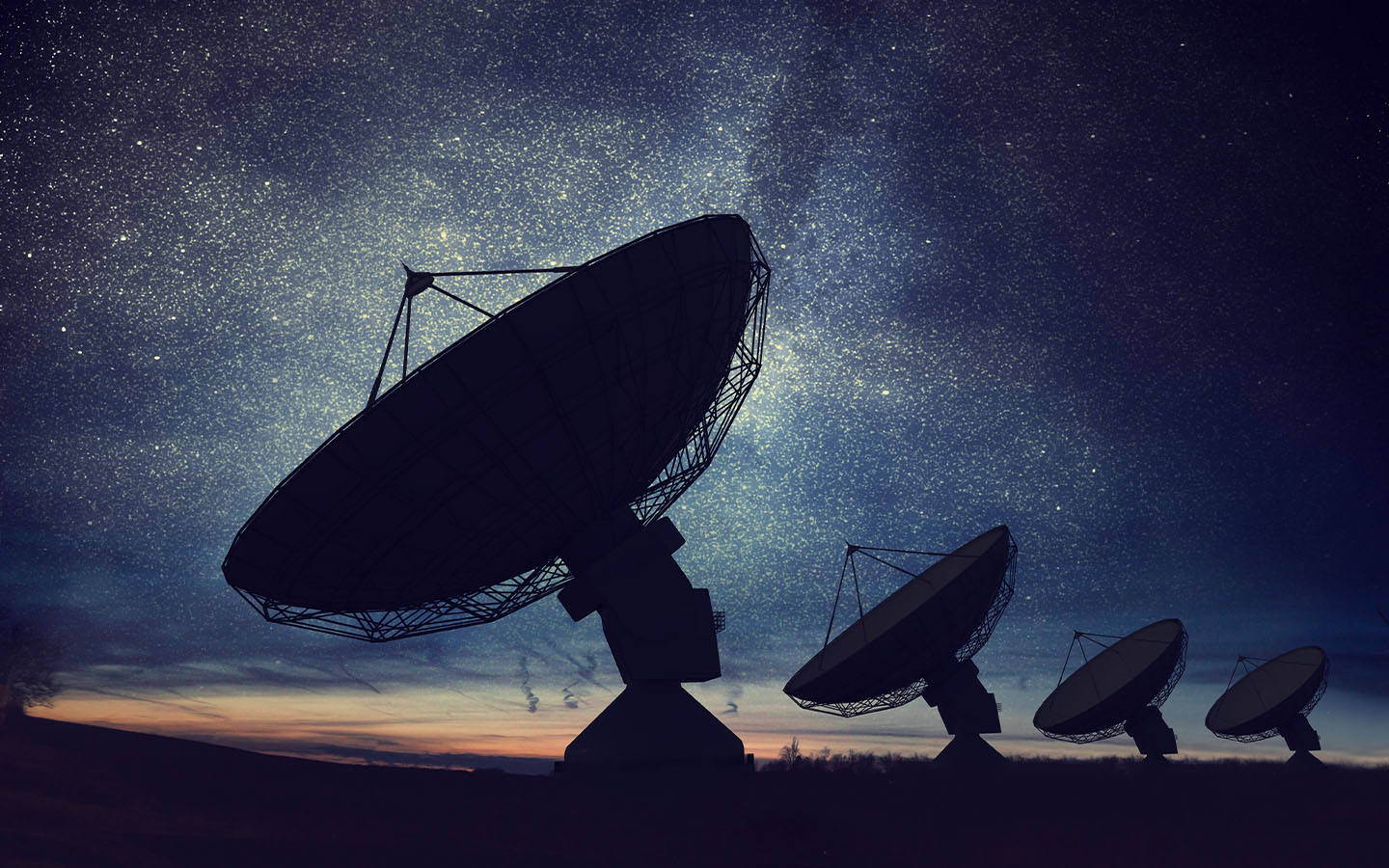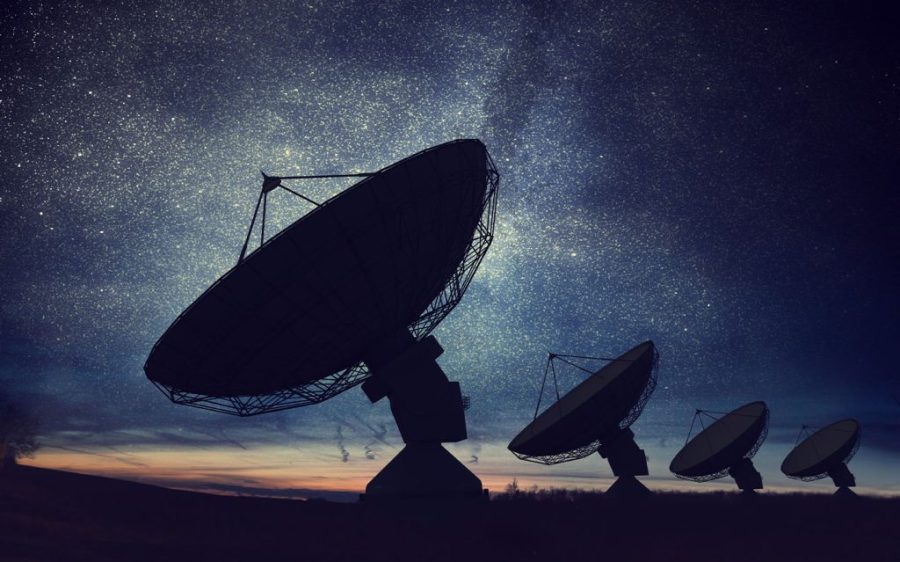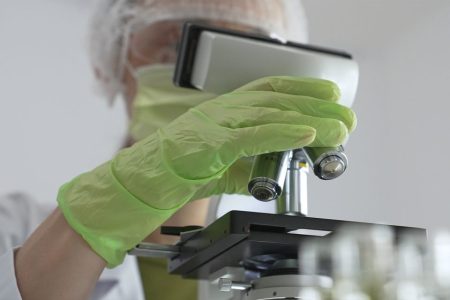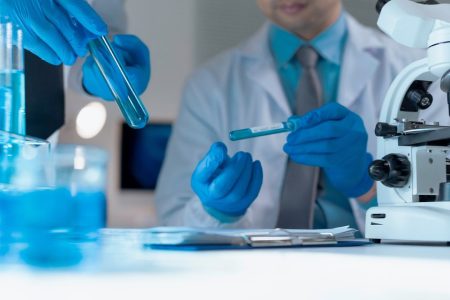The opening ceremony for the 2025 Macau International Forum on Space and Planetary Sciences was held yesterday at the Macau University of Science and Technology (MUST), with more than 200 scientists and researchers from countries such as China, the US, Germany and Italy in attendance.
The three-day symposium is intended to facilitate the exchange of ideas and knowledge between space and planetary science professionals.
“We have assembled some of the world’s most brilliant minds to deliberate on the latest advancements and challenges in space exploration and scientific research,” Cheang Kun Wai, a member of the Science and Technology Development Fund’s administrative committee, said in his opening remarks.
Cheang also mentioned Macao’s scientific achievements and contributions, including the Macao Science 1 programme – the first satellite collaboration between Macao and the mainland, launched in May 2023.
[See more: China aims to overtake the US in space science by 2050]
A total of six keynote speakers are addressing this year’s forum, including Anil Bhardwaj, the director of India’s Physical Research Laboratory; Alberto Cellino, a researcher with Italy’s National Institute for Astrophysics; Yoshifumi Saito, a professor with the Japan Aerospace Exploration Agency; Christian Wöhler, a professor at the Technical University of Dortmund in Germany; Yuri Amelin, an associate professor at the Australian National University, and Li Xinlin, a professor at the University of Colorado Boulder.
A wide range of topics, ranging from the origin of the solar system to the kinetic physics of solar winds, are scheduled to be discussed during the course of the event. More details about the forum’s schedule can be found here.
On the sidelines of yesterday’s opening, the director of MUST’s Space Science Research Institute, Zong Qiugang, said the university was developing more satellite endeavours and was trying to get Macao involved in mainland China’s Xihe 2 probe project, which aims to explore the sun.






